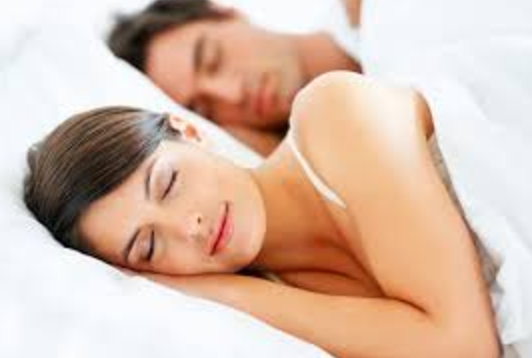Sleep could be influencing your pain and more….
Whatever the reason, ongoing pain, crying babies, iPhone addictions, snoring partners, increasing work demands and constant worries. We have all woken up on the ‘wrong side of the bed’ more sensitive to certain things, our kids nagging us, barely able to get ready for work and function through the day.
Interestingly the effects of ongoing sleep issues are much more detrimental to our health than just feeling constantly tired.
Firstly, take pain, who would of thought poor sleep would influence pain we feel. We know pain can affect our sleep but it also works the other way. Recent research suggests poor sleep is strongly linked to onset of new pain issues, pain flares or persistence of pain indicating a bidirectional relationship. Poor sleep has been to shown to influence how pain is processed in our bodies leading to increased pain sensitivity.
The relationship to pain unfortunately doesn’t stop there. Poor sleep also influences:
- Our muscles ability to relax – tending to make them stay tense at rest and during activity
- Increased activation of your ‘flight, fight, freeze’ or ‘stress’ response
- – further increasing muscle tension
- – increasing inflammatory chemicals around our bodies
- – increasing psychological distress, anxiety and low mood
Not only do we become stiffer and sorer as a result but there is wider impact on our general health.
Emerging evidence links poor sleep to:
- immune system dysfunction
- weight management issues, contributing to development of obesity
- risk of heart disease, high blood pressure and diabetes
- alterations in mood, anxiety levels and ability to manage stress
- poor cognitive function, impairing memory, learning and productivity
The news is not all bad though, these effects are very modifiable and there are many strategies that can help improve our sleep. It is beyond the scope of this blog to go through all of these here. There is one strategy though that is healthy, safe & inexpensive – a simple way of improving our sleep and health – yep, you guessed it exercise!
Interestingly evidence also suggests there is a bidirectional effect between exercise and sleep i.e. low exercise levels lead to poorer sleep and poorer sleep leading to decreased exercise levels. But biting the bullet and getting more active can help break this cycle.
At QSP one of our key goals is to get you back to being active, exercising, doing the things you enjoy. Getting better sleep would be a great side effect, which can also help your pain.


